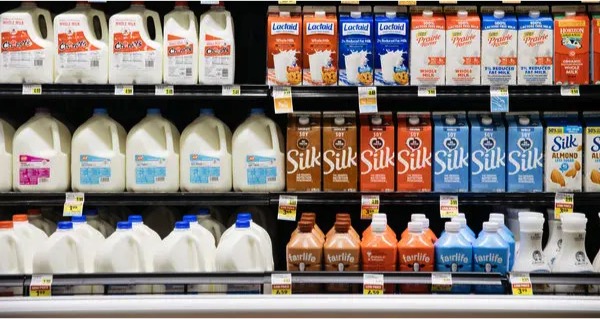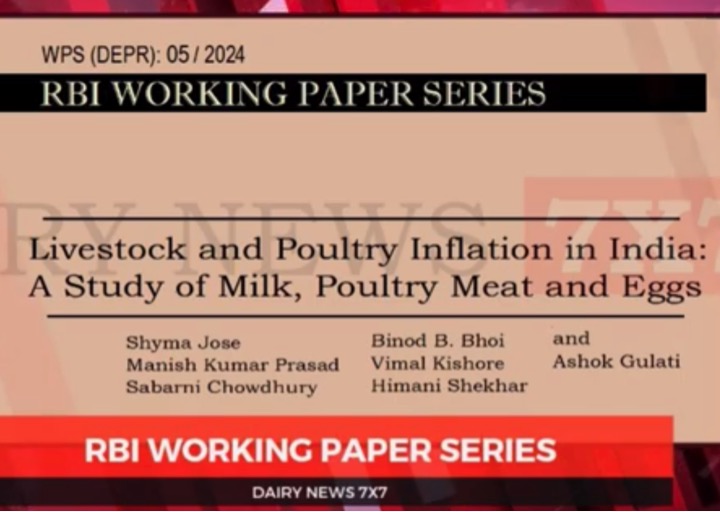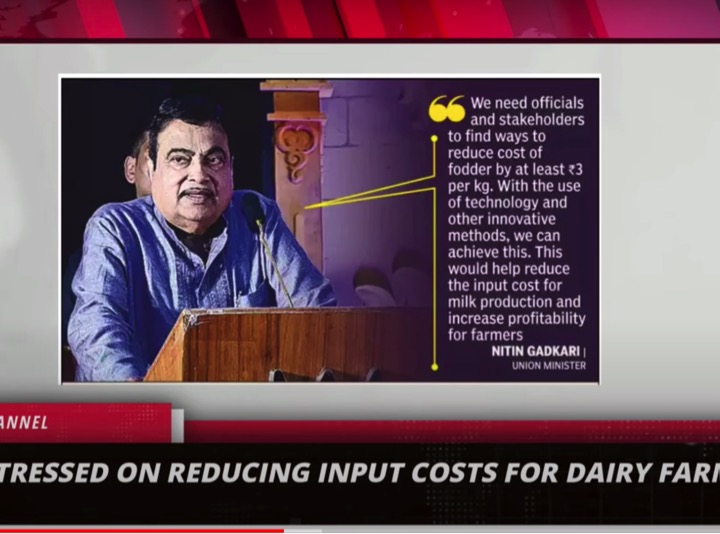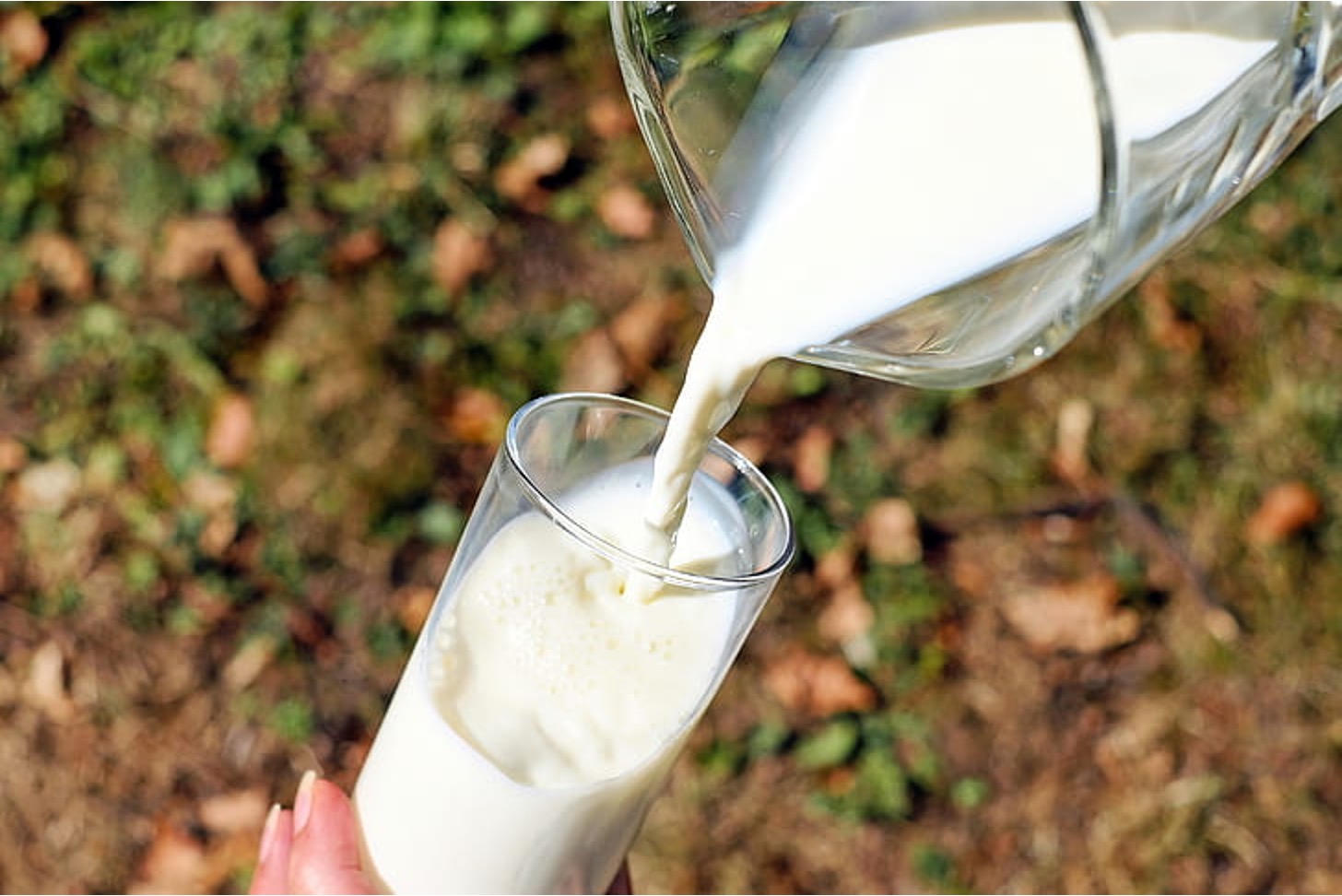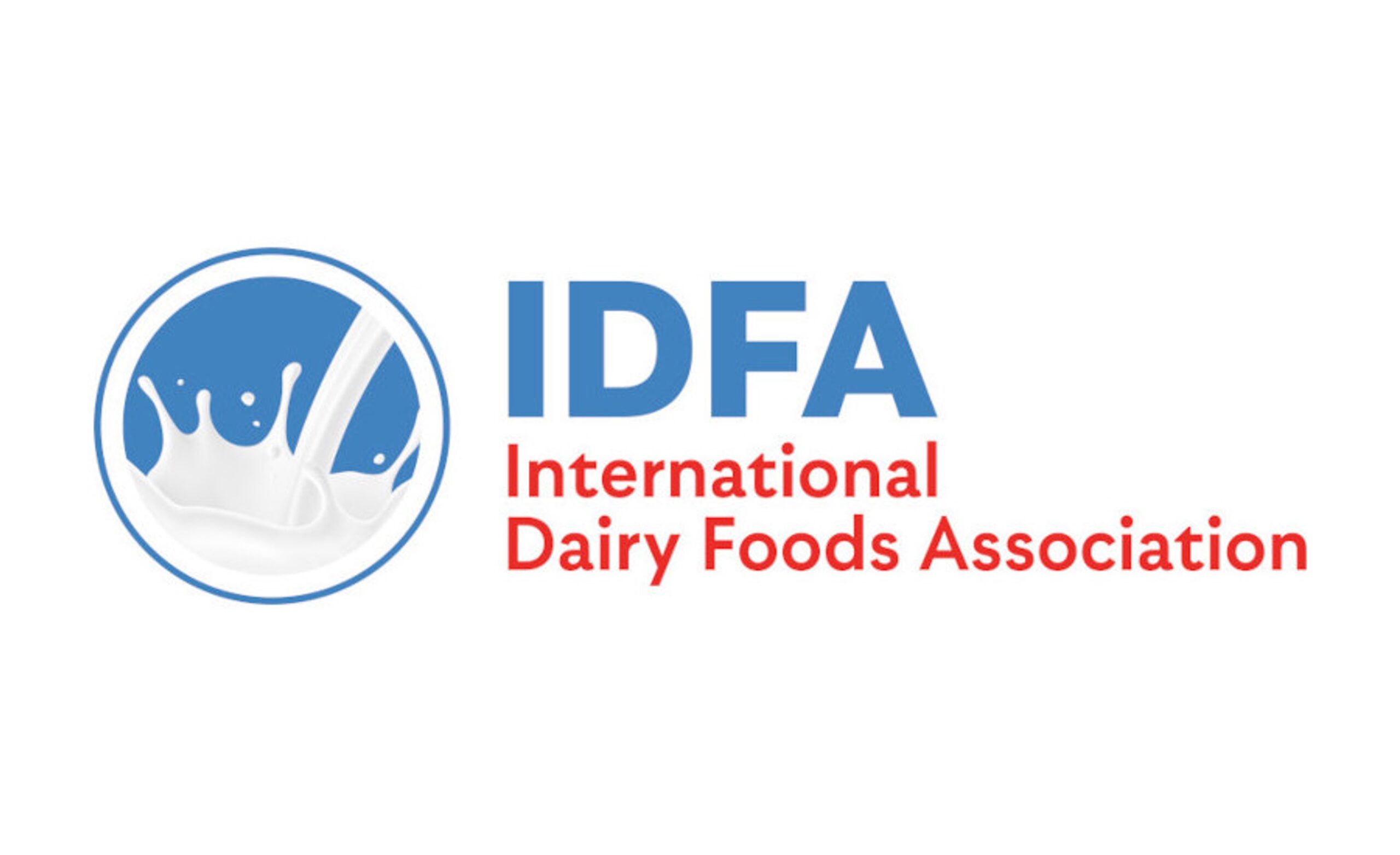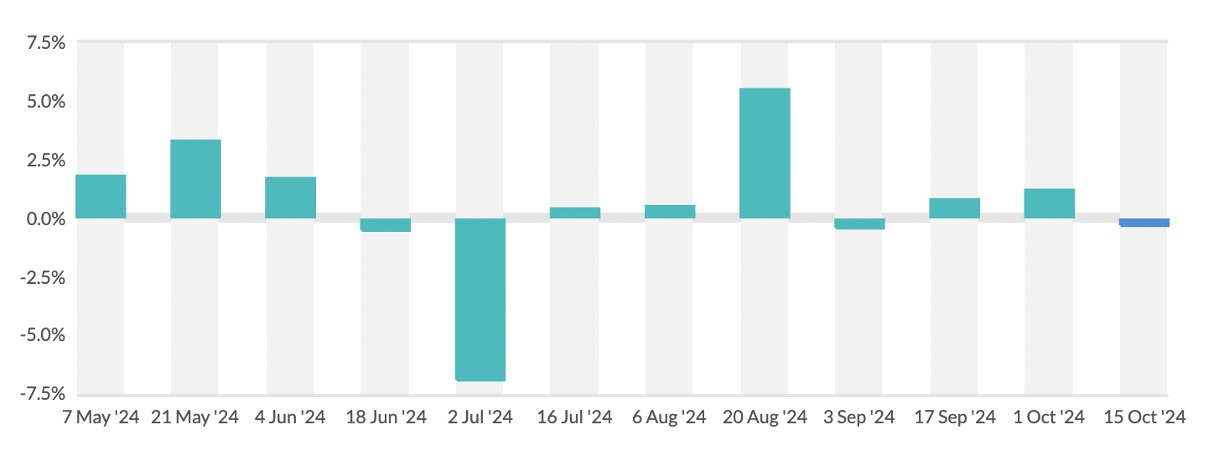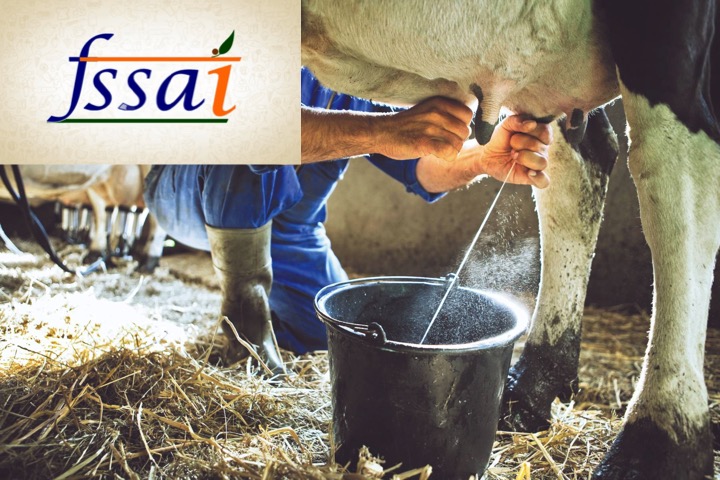The Agriculture Department lowered its milk production forecasts for 2023 and 2024 in the latest World Agriculture Supply and Demand Estimates report.
The 2023 forecast was reduced from last month as milk cow numbers were revised lower in the latest Milk Production report, and the lower estimated numbers were carried into the fourth quarter forecast. Growth in milk per cow was also slowed in the fourth quarter with slower-than-expected growth for third quarter.
The 2024 milk forecast was reduced as the lower forecasts of milk cows and milk per cow for late 2023 are carried into 2024, according to the USDA.
2023 production and marketings were estimated at 227.1 billion and 226.1 billion pounds, respectively, down 500 million pounds on both from a month ago. If realized, both would be up 600 million pounds or 0.3% from 2022.
2024 production and marketings were projected at 230.0 billion and 229.1 billion pounds respectively, down 400 million pounds on production and 300 million on marketings. If realized, 2024 production would be up 2.9 billion pounds or 1.3% from 2023.
The 2023 Class III milk price forecast was raised on a higher expected whey price, but the Class IV price was lowered as a weaker butter price more than offset slightly higher NDM. The Class III is projected to average $17.10 per hundredweight, up a nickel from last month’s estimate, and compares to $21.96 in 2022 and $17.08 in 2021. The 2024 average was estimated at $17.70, up 50 cents from last month’s estimate.
The 2023 Class IV price was projected to average $19.20, down a nickel from a month ago, and compares to $24.47 in 2022 and $16.09 in 2021. The 2024 average, at $18.85, was raised a nickel from last month’s projection.
Corn, soybean outlook
The U.S. corn outlook is for larger production, domestic use, exports, and ending stocks. Corn production was forecast at a record 15.2 billion bushels, up 170 million or 1% from last month, and up 11% from 2022, on a 1.9-bushel increase in yield to 174.9 bushels per acre. Feed and residual use was raised 50 million bushels to 5.7 billion and corn for ethanol was raised 25 million bushels to 5.3 billion. Exports were raised 50 million bushels to 2.1 billion. Corn ending stocks were up 45 million bushels to 2.2 billion. The season-average corn price was lowered a dime to $4.85 per bushel.
The soybean outlook called for increased production and ending stocks. Soybean production was forecast at 4.13 billion bushels, up 25 million or 1% from last month’s estimate, but down 3% from a year ago. Yields are expected to average 49.9 bushels per acre, up 0.3 bushel from both the previous forecast and 2022. Soybean ending stocks were raised to 245 million bushels. The season-average soybean price was forecast at $12.90 per bushel, unchanged from last month. Soybean oil was reduced 2 cents to 61 cents per pound, and soybean meal was unchanged at $380.00 per short ton.
Butter melts below $3
CME block Cheddar saw a third consecutive week of decline last week, closing Friday at $1.60 per pound, down 6.50 cents on the week, lowest since July 19, and 60 cents below a year ago when it jumped 19 cents, hitting $2.20.
The barrels fell to $1.5450 last Tuesday, lowest since Oct. 4, but closed Friday at $1.65, up a penny on the week, 41.25 cents below a year ago, and an inverted 5 cents above the blocks. 15 cars of block and 20 of barrel were sold last week at the CME.
Monday’s trading took the blocks back up 4.25 cents on 3 trades and they gained a half-cent Tuesday on 3 more trades, hitting $1.6475.
The barrels were up 2.50 cents Monday on a trade and inched a half-cent higher Tuesday on a trade, to $1.68, 3.25 cents above the blocks.
The Midwest spot milk price was mostly steady last week despite an increase in offers, according to Dairy Market News. The $2-over Class III prices are not being reported but cheesemakers opting for spot milk say $1-over is the going rate. Others say offers have remained quiet but they are not looking for outside sources. Cheese inventories are moving in a steady fashion with similar numbers to previous years, according to DMN.
Cheese manufacturers and distributors indicate retail and food service demand is steady to moderate in the West while restaurants have shown less activity. Cheese inventories are “comfortable” and decreasing slightly. Export demand is moderate to light. Sentiment is that domestic prices, when compared to European Union and Oceania prices, are not creating strong export opportunities. Class III milk demand remains strong to steady, according to DMN.
Butter fell below $3 per pound last Tuesday, first time since September 21, and closed Friday at $2.60, down a whopping 50.75 cents on the week, lowest since July 21, and 30.50 cents below a year ago when it jumped 13.25 cents. Sales totaled 31 loads for the week.
The butter recouped 4.50 cents Monday on a trade and repeated the show Tuesday with another 4.50 cent rise to $2.69, on 2 sales.
Cream is widely available, says DMN, and multiples have moved below the 1.20 mark. Some plants continue to micro-fix in order to avoid building inventory in view of prices. This added to the increase in cream availability. Butter demand has slowed, particularly in food service, but retail interest remains.
Western handlers note fat component levels in milk have improved and so has cream availability, though it’s tighter in the Northwestern part of the region. Retail butter demand is strong to steady domestically. Cream multiples and butter prices are subsiding but butter makers are hesitant to purchase much additional cream. Others say they will wait until Thanksgiving before starting to churn again and let markets settle before rebuilding inventories. Export demand remains steady from Canadian purchasers but light elsewhere, according to DMN.
Grade A nonfat dry milk saw its Friday closing at $1.20 per pound, up 1.50 cents on the week but 23 cents below a year ago, with 5 sales reported on the week.
Monday’s powder was up 2 cents with 5 loads finding new homes, highest since Oct. 27, but stayed put Tuesday, holding at $1.22 per pound.
Dry whey finished Friday at 39.75 cents per pound, up a penny on the week but 4.25 cents below a year ago, with 12 sales put on the CME board.
The whey gained 0.75 cents Monday on a trade and added 1.50 cents Tuesday, hitting 42 cents per pound, highest since April 4, with 7 loads exchanging hands.
Mixed Pulse
Tuesday’s GDT Pulse saw mixed sales on Fonterra skim milk and whole milk powder. 2,180 metric tons or 96.9% of the total 2,250MT on offer was sold.
HighGround Dairy’s analysis shows 440MT more Instant WMP was sold and 74MT less Regular WMP versus the last GDT Event. 100% of the 1,000MT of SMP on offer was sold in this auction, according to HGD.
Source : Capital Press Nov 14th 2023


